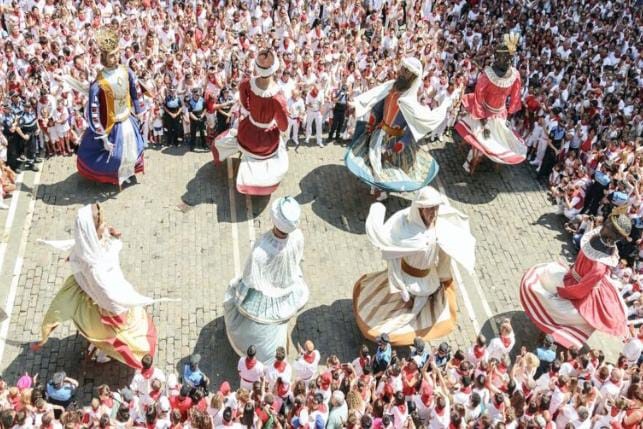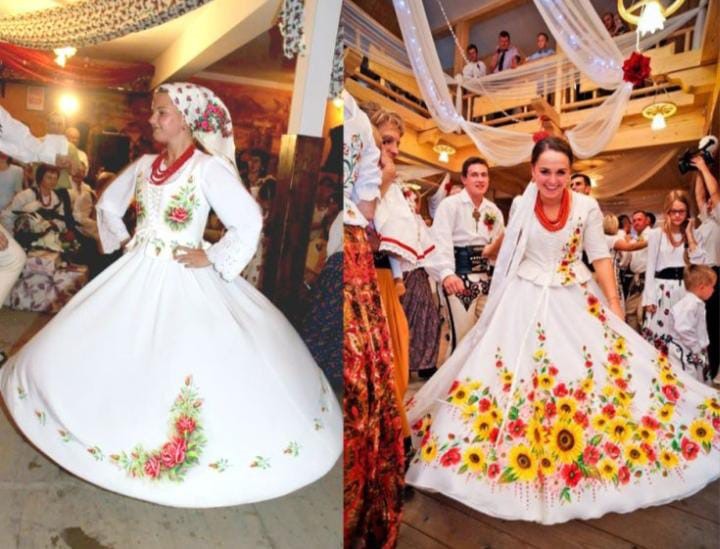In Spain, dressing code varies depending on the occasion, location, and season. Generally, people dress formally for business meetings, social events, and religious ceremonies, while casual wear is suitable for everyday life.
For men, business attire consists of a suit and tie, while women should wear formal dresses or pant suits. Casual wear for men and women includes jeans, t-shirts, and sneakers. However, beachwear or revealing clothing is not appropriate in public places.
In religious sites, such as churches and mosques, both men and women should dress conservatively, covering their shoulders and knees. Similarly, while visiting a private home, guests should dress modestly, avoiding revealing clothes.
During the summer season, light and comfortable clothing are recommended. Shorts, tank tops, and sandals are acceptable, especially at beach resorts. In winter, warm clothing such as coats, boots, and scarfs are necessary.
In recent years, Spanish fashion has become more modern and diverse, and many people now wear trendy and stylish clothing in all settings. However, it is important to respect cultural norms and dress appropriately for each occasion.
In conclusion, dressing code in Spain depends on the situation, location, and season. Dressing conservatively in religious and private settings, formal attire for business meetings, and casual wear for everyday life are generally expected.




